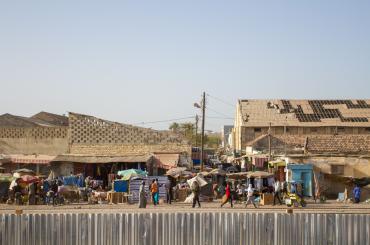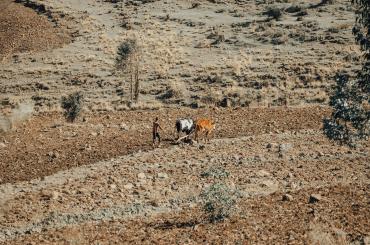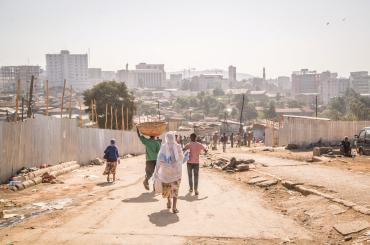
Social Protection
-

How can governments fund unemployment insurance in low-income settings?
Unemployment insurance (UI) in Senegal can provide significant welfare gains, but given high levels of informality and a lack of transparency about workers’ status, these gains depend on programme design. UI funded through payroll taxes is effective and feasible as long as the ratio of formal workers to the benefit level is sufficiently high, while UI funded through consumption taxes generally offers lower welfare benefits but is more robust to fraudulent claims.
-

Timing matters: Long-term impacts of Conditional Cash Transfers in Nicaragua
Conditional cash transfers in Nicaragua during primary school led to higher schooling and earnings in adulthood, but mechanisms differed by sex
-

How to target aid after a disaster
Existing disaster aid programmes focus on property owners that experience physical damages. Evidence from Nepal shows that a broader and less targeted approach could be easier to implement and better for welfare.
-

Breaking the silence: How can social networks become better safety nets?
Correcting inaccurate beliefs about peers can strengthen social networks, encourage people to talk about their financial and mental health concerns, and improve socioeconomic outcomes in settings where individuals lack support from formal institutions
-

Unemployment benefits are very effective in highly informal labour markets
Evidence from Mauritius shows the consequences of losing a formal job in a labour market characterised by high rates of informal employment are significant. Unemployment benefits help mitigate these effects, while generating only small disincentive effects on labour supply.
-

Universal basic income in Kenya
What are the effects of a universal basic income in Kenya?
-

Do ultra-poor graduation programmes build resilience against droughts? Evidence from rural Ethiopia
A relatively light-tough graduation model serves to buffer households - and women in particular - from the adverse effects of drought in Ethiopia
-

Fighting urban poverty: Public works increase the welfare of the poor in Addis Ababa by 20%
A public works programme in Ethiopia improves welfare for the urban poor both directly for participants and indirectly through increasing private sector wages and improving amenities
-

Empowering women in Tunisia through cash grants and financial training
A cash grant and training programme had a range of benefits for women in Tunisia, but only improved participation in income-generating activities for women who attended training without their partner